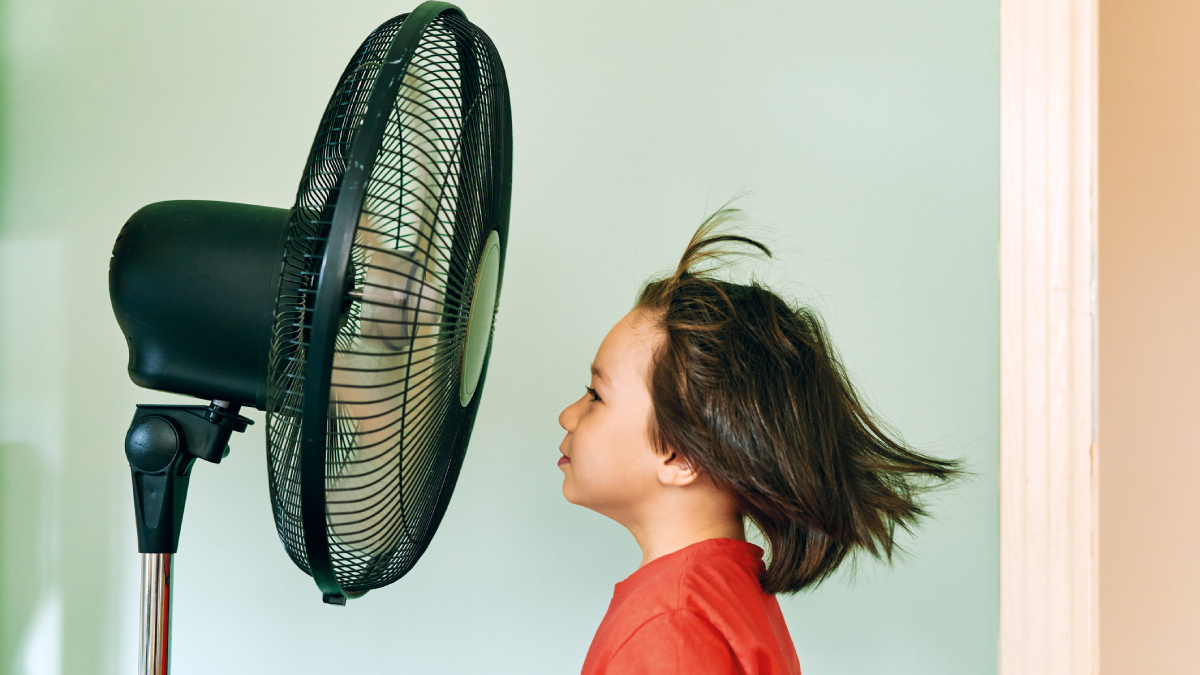
Prevent These 12 Frequent HVAC Headaches This Summer
During the hottest days of the summer, you depend on your HVAC system to keep your home cool and safe from the worst of the heat. At the same time, your home’s AC unit may experience issues as your cooling need rises as the temperature does. Learn about 12 typical HVAC headaches in the summer to help you prevent or repair them as needed.
1. Low Airflow
Airflow may get worse if you have a clog in your system’s air filter, faulty ductwork or an obstructed condensing unit. Regularly scheduled maintenance such as swapping out the air filter, keeping all air registers free from obstruction and clearing plants from around the outdoor unit will often restore proper airflow. Persistent problems may indicate more serious issues like ductwork problems or a faulty compressor, all of which demand professional attention.
2. Leaking Refrigerant
The refrigerant supply is the main element in air conditioning. Leaking reduces the system’s total supply and reduces cooling efficiency, making your unit work harder even when the comfort level plummets. Refrigerant leaks are more common in old units but could show up in any system stressed by higher usage. Some signs of a coolant leak include hot air blowing from your vents, whistling or gurgling sounds, and surprisingly high utility bills. Only a professional can resolve the problem because working with refrigerant requires EPA certification.
3. Too Much Humidity
Having too much indoor humidity makes the air feel clammy and promotes mold or mildew. Air conditioning and dehumidifies the air simultaneously, but this isn’t always sufficient in especially warm climates. Installing a dehumidifier should fix the problem unless your air conditioner has small but growing issue causing humidity levels to go up.
4. Improperly Configured Thermostat
Wonky thermostat settings can cause performance issues and more expensive energy bills. If you have trouble reaching the right temperature, take a look at your thermostat. If someone else at home keeps turning the settings higher or lower, it’s more of a hassle to balance convenience and energy efficiency.
5. No Electricity to the Air Conditioning
If your AC doesn’t start, check for a tripped breaker or blown fuse before anything else. If this isn’t the case, it may be a problem with the unit’s capacitors or contactors, which are responsible for starting the unit. Reach out to a professional to arrange a repair visit.
6. Regularly Tripping Breakers
Continuing with circuit breakers, you shouldn’t have to continually reset them. The HVAC system should always be on a dedicated circuit designed to handle this high-power equipment. Repeated circuit breaker tripping is a safety hazard, as it’s an electrical issue that needs urgent attention.
7. Blocked Condensate Drain
The condensate drain removes moisture produced by your air conditioner. A blockage in the drain lines can result in water damage or mold growth. It helps to regularly check and unclog this drain if you need to avoid clogs.
8. Frozen Air Conditioner
A frozen air conditioner often comes from little to no airflow or a refrigerant leak, either of which can halt your HVAC system from effectively circulating hot and cold air. A solid layer of ice on the coil interrupts the cooling process and could even cause permanent damage. Consistent maintenance is essential to prevent freezing and guarantee efficient performance.
9. Unclean Condenser Coils
The condenser coils on the outdoor cabinet are constantly exposed to the elements, so dirt and debris may collect over time. Spider webs, dirt and dust, grass clippings and other built-up debris start to cover the unit, hurting its ability to safely exhaust heat and increasing daily wear and tear. Clean these coils every now and then with a gentle spray from the hose to help maintain system efficiency.
10. Strange Smells
If you pick up gross smells coming out of the HVAC system, look into things further to determine where it might be coming from. A burnt smell points to electrical damage or the motor overheating, while a musty smell usually points back to mold growth somewhere in the system. Strange smells often need immediate attention to limit the risk of health problems and performance issues.
11. Strange Noises
Unusual noises coming from your heating and cooling often means something isn’t right. Screeching may signal a belt in need of replacement, while clanging or banging sounds may mean unsecure components. Don’t try and ignore these or similarly unfamiliar noises, as they could be signs of widespread problems, more expensive repairs or complete system failure if not resolved quickly.
12. The Cooling Cycle Starts and Stops Too Often
Short cycling is when your air conditioner starts and stops more frequently than usual. This can be a sign of an improperly sized air conditioner, dirty air filter or electrical issues. Sudden short cycling reduces efficiency and can cut your unit’s life span, so call local technicians to diagnose the cause and recommend a solution.
We Are Committed to Your Comfort
At Environmental Systems Associates nothing should be more important than your comfort and satisfaction. Our ACE-certified technicians offer quick, yet long-lasting solutions to any comfort concern, backed by a 100% satisfaction guarantee. If you’re not totally happy with our work, we’ll make it right. So, whenever your air conditioner starts short cycling or making strange noises, contact us for Expert service that always exceeds expectations.

